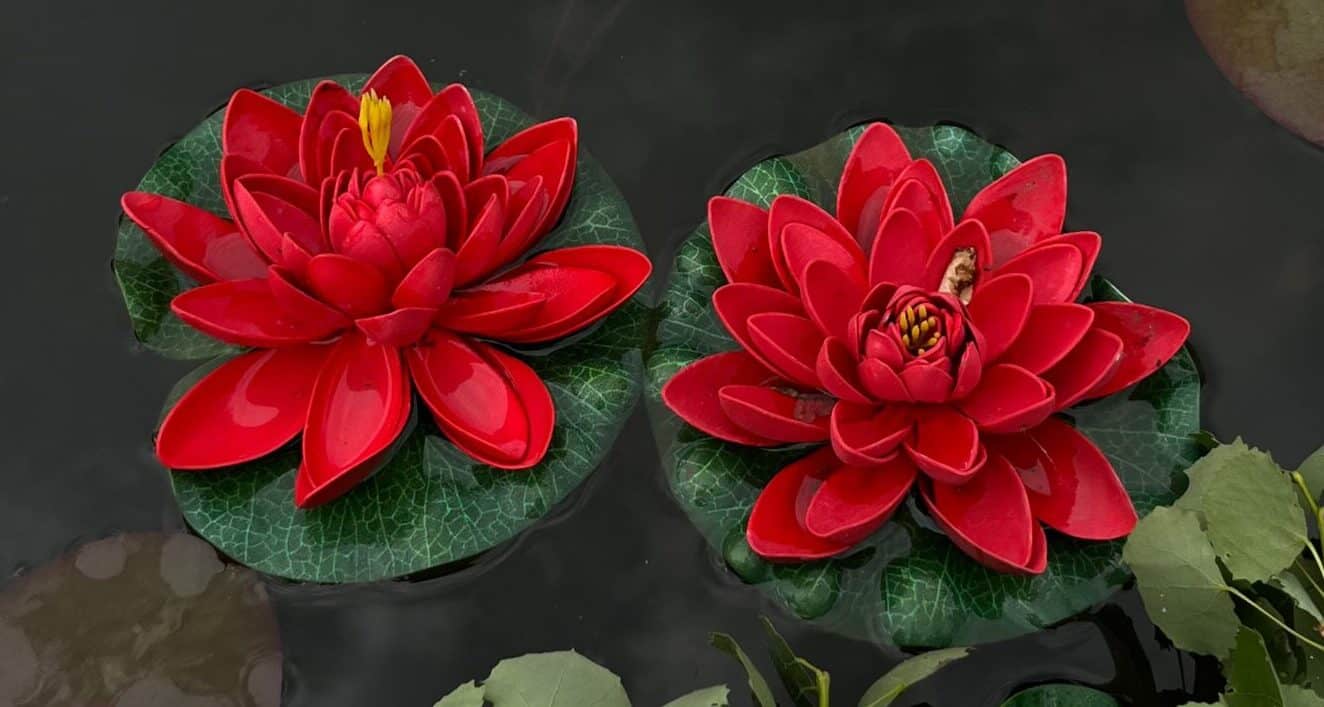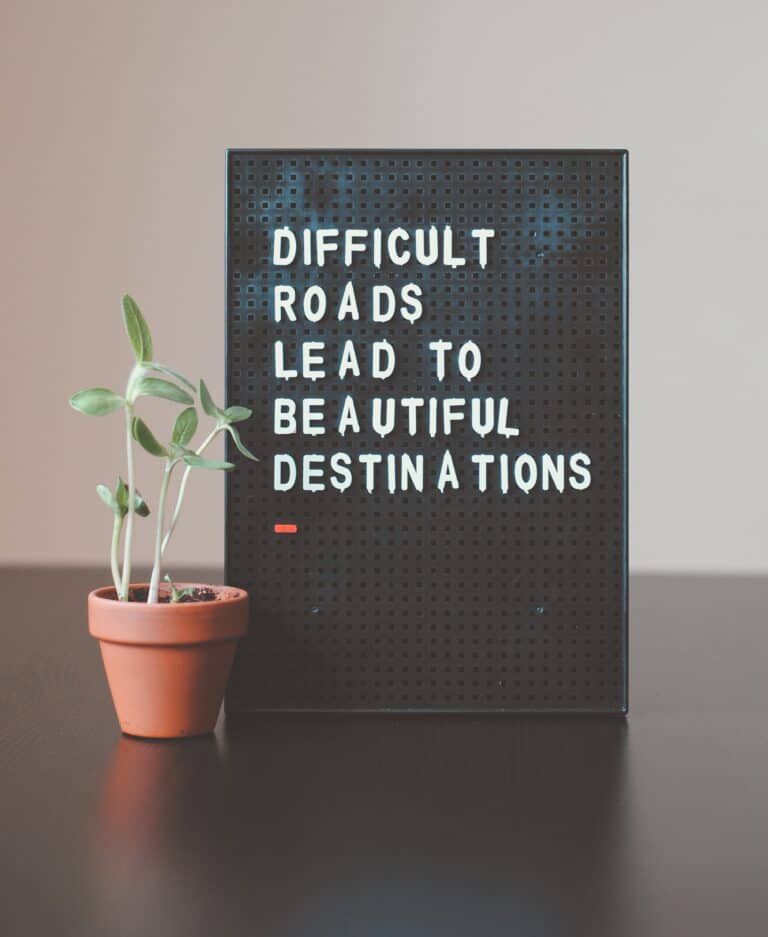Are Your Thoughts Your Own or Do You Think Others Want You To Think?
In today’s digital age, where social media platforms and external influences are inescapable, it’s essential to question the authenticity of our thoughts and beliefs.
Often, without realizing it, our opinions and decisions are swayed by the bombardment of information, advertisements, and societal expectations that permeate our daily lives.
This phenomenon leads to a crucial introspection about whether our thoughts are genuinely our own or subtly shaped by external desires and influences.
By reflecting on this, we can uncover the depth of our individuality and strive towards nurturing thoughts that truly resonate with our authentic selves.
The challenge lies in differentiating between our innate beliefs and those sculpted by external pressure. To combat this, cultivating a habit of mindfulness and critical thinking becomes imperative.
By constantly questioning the origin of our thoughts and the motivation behind our actions, we develop a keener sense of self-awareness.
This practice empowers us to make decisions that align more closely with our values, rather than conforming to the expectations set by others.
Additionally, engaging in dialogues with diverse groups can broaden our perspectives, allowing us to distinguish between universally accepted norms and what truly matters to us on a personal level.
In the pursuit of personal authenticity, it’s also vital to acknowledge the role of resilience and self-confidence. Facing societal norms and peer pressure with a firm stance on one’s beliefs requires inner strength and confidence in one’s values.
This doesn’t mean isolation from differing viewpoints but rather the capacity to stand grounded in one’s truth while being open to growth and learning.
Cultivating such resilience is a continuous process, involving self-reflection, acceptance, and the courage to be distinct in a world that often values conformity over individuality.
By fostering a strong sense of self and a compassionate understanding of our unique path, we ensure that our thoughts and actions are truly our own, echoing the genuine essence of who we are.
The ongoing endeavor to maintain personal authenticity in an interconnected world also demands a balance between self-exploration and societal engagement.
The digital age, while facilitating unprecedented access to information and diverse viewpoints, can also exacerbate the tendency to compare oneself unfavorably with others.
This can lead to a dilution of one’s personal identity, making it harder to remain true to oneself amidst the noise.
Thus, it becomes crucial to consciously curate our interactions and the content we consume on these platforms, ensuring that they serve to enrich our understanding of ourselves and the world, rather than undermining our sense of self.
Mindfully selecting environments and communities that reflect our values and aspirations can significantly bolster our journey towards authenticity.
It is in these spaces that we find encouragement and inspiration, allowing us to further refine our beliefs and actions in alignment with who we truly are.
Furthermore, the commitment to personal growth and self-improvement, while steering clear of perfectionism, paves the way for a more authentic existence.
It is about understanding that being authentic does not mean being unchangeable but being true to our core while remaining flexible and open to evolve.
Cultivating authenticity also involves the consistent practice of introspection and self-awareness. This entails regularly questioning our beliefs, desires, and the motivations behind our actions.
It’s about peering beneath the surface of our outward expressions to discover the depths of our true selves.
Reflection such as this not only clarifies our understanding of what we stand for but also reveals areas where we may be unintentionally compromising our authenticity for approval, conformity, or ease.
In this bold odyssey of self-discovery and authenticity, it is paramount to remember that people’s interactions, both online and offline, are not mere transactions but profound exchanges that shape their being.
By consciously engaging with people’s environment and the people within it, people not only carve out a niche for their true selves in the world but also inspire others to do the same.
Navigating this incessant influx of information, one must adopt the mantle of a discerning scholar, critically evaluating each byte of data with a blend of skepticism and curiosity.
It’s a dance on the knife-edge of doubt and conviction, where the goal is not to shun external inputs but to forge a unique intellectual alloy, tempered by personal reflection and empirical scrutiny.
In this quest for self-awareness and authenticity, we must become architects of our mental landscapes, constructing ideologies not from borrowed blueprints but from the raw materials of our experiences, analyses, and introspections.
To emerge as true intellectuals, people must dare to dissect their beliefs, to hold them against the light of evidence and reason, and be willing to sculpt and reshape them as people evolve.
This is the crucible in which authentic thought is forged, transforming the noise of prevailing ideologies into the harmony of personal wisdom.
The improvement of thought is not a gentle stream but a raging torrent, reshaping the landscape with each new idea, each bold question.
In this continuous flux, people find their purpose and their path, not as passive receivers of inherited wisdom, but as active participants in the creation of new knowledge, new perspectives, and, ultimately, a new understanding of existence itself.
It’s not merely about unearthing whether our thoughts are original or imprints of societal expectations; it’s an expedition to uncover the raw, untapped potential within us.







